About Us
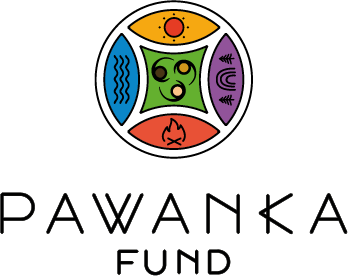
Pawanka Fund is an Indigenous-Led striving to support and empower Indigenous peoples around the globe. It was created as the Indigenous Ways of Knowing and Learning Fund in September 2014 in the midst of the United Nations World Conference on Indigenous peoples. “Pawanka” is a Miskitu word meaning “growing and strengthening”
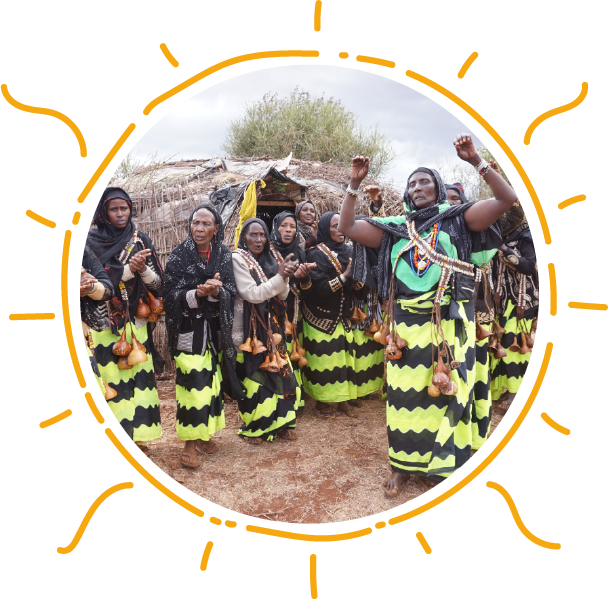
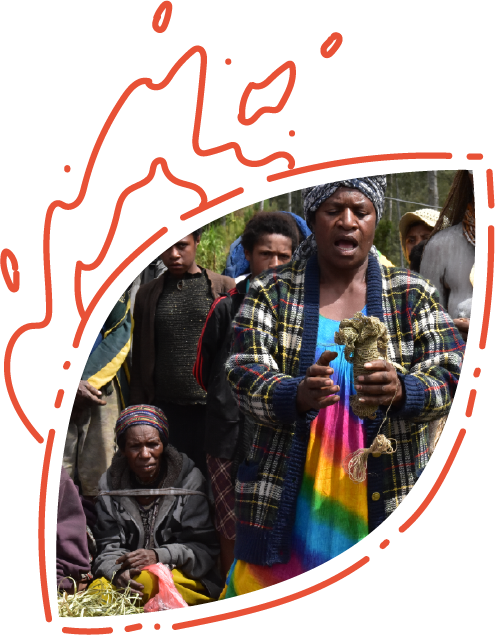
The Fund does not make an open call for proposals and the members of the Guiding Committee work closely with local indigenous organizations and institutions to support their initiatives in the spirit of partnership and solidarity.

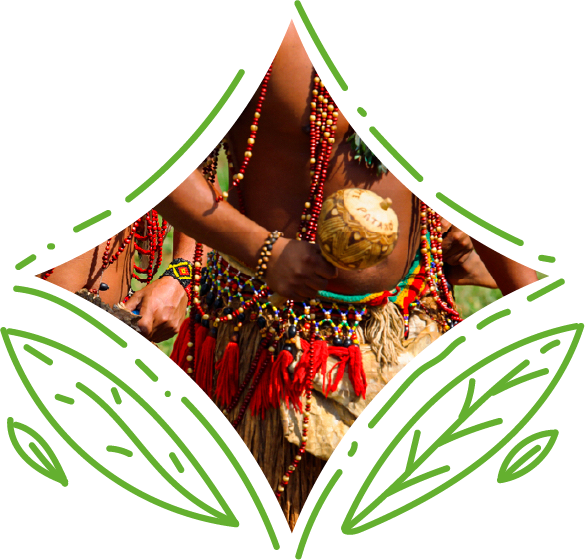
Indigenous organizations and institutions supported by the Pawanka Fund had expressed their sincere appreciation and have described this solidarity as “empowering”, “strengthening”, and “conserving” among others. Based on the positive outcomes of this Partnership, the Guiding Committee and its donor-partners shall encourage more donor institutions to be part of the Pawanka Fund.
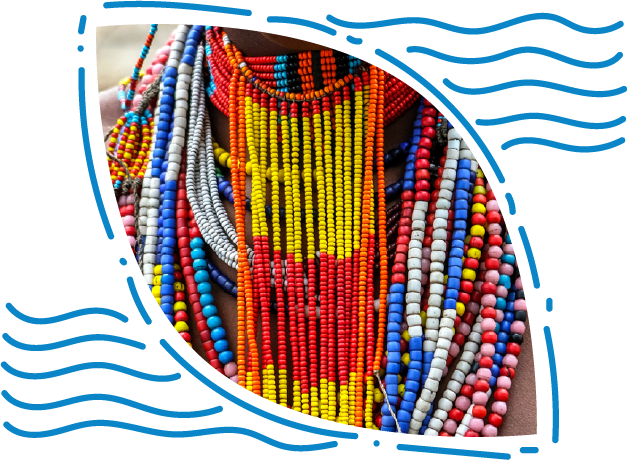
Dr. Myrna Cunningham serves as the Chair of the Guiding Committee which is the collective decision making body of the Fund.

Initiatives / Grant
(w/ continued support)
Calls for proposals
ISSUED
89%
Budget goes directly to
indigenous peoples
Countries with Pawanka
Grants Funded
Updated April 2023
Our vision
Our vision is to support Indigenous Peoples to sustain their strong connection to their land, territories, and resources and enhance their cultures, knowledge and sustainable practices while upholding their dignity, rights and wellbeing, particularly those of women, youth, the elderly and persons with disabilities.
Our guiding principles
The PAWANKA FUND upholds principles of solidarity, reciprocity, complementarity; promotes a holistic approach, intercultural and gender relations; and respects the self-determination and free prior and informed consent
of indigenous peoples.
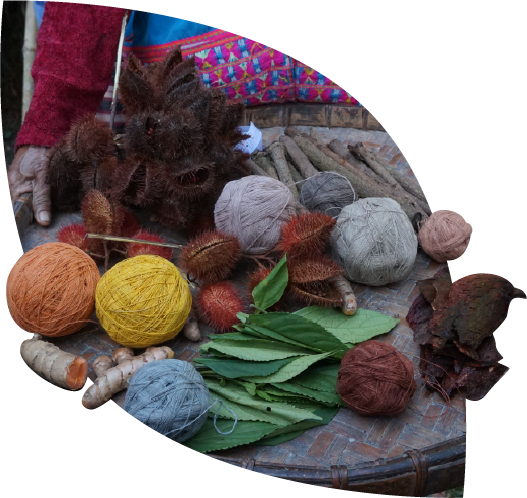
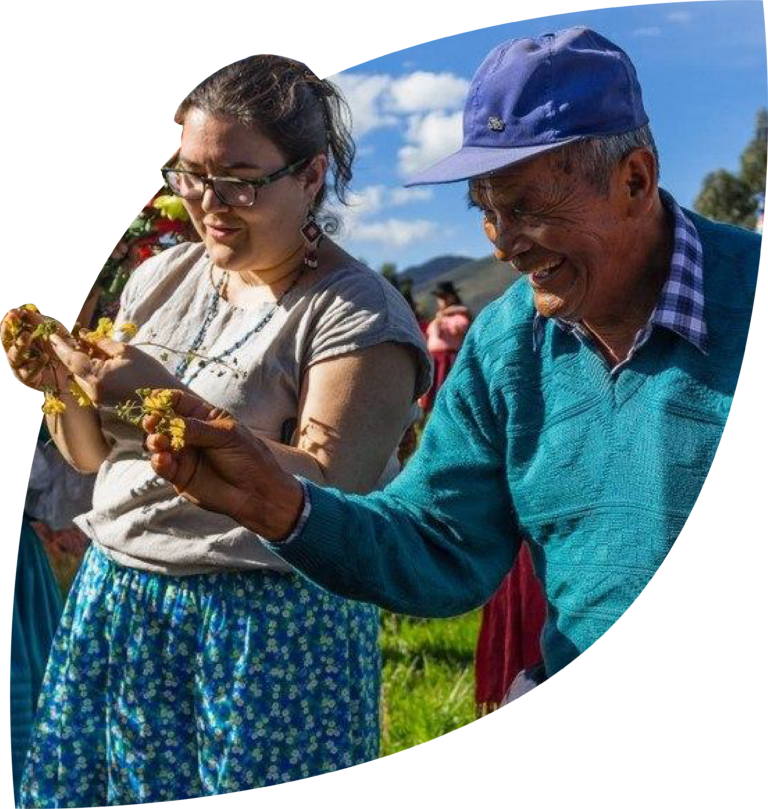
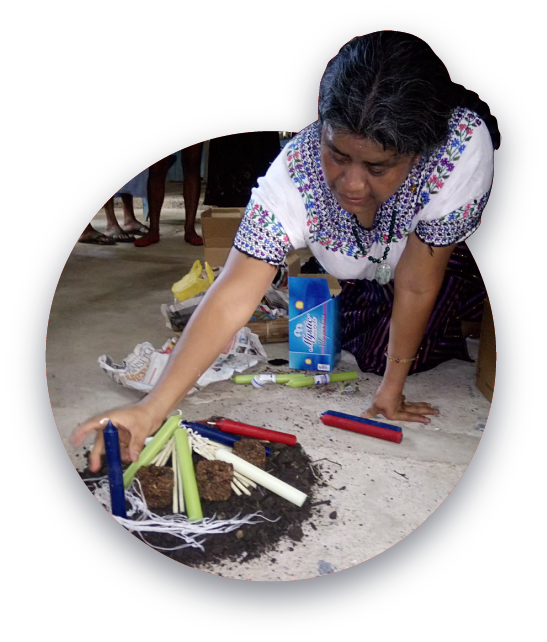
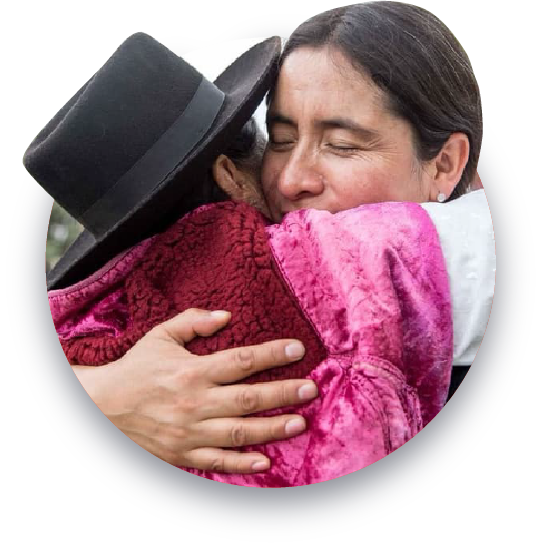
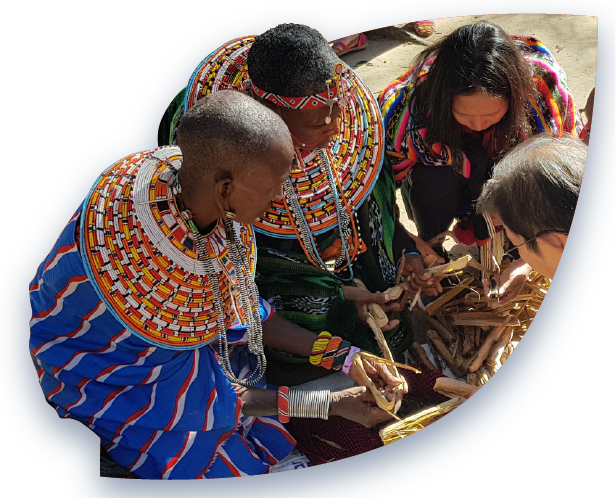
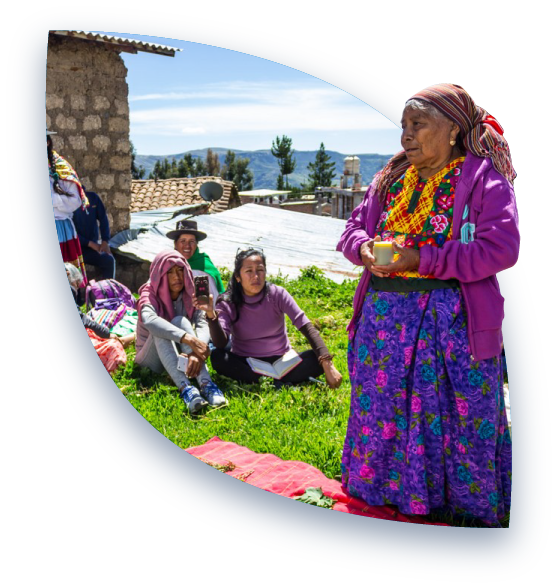
In Pawanka, we are determined to provide direct support to community led organizations and networks, to have a truly geographical scope and to establish long-term partnerships in ways that are culturally appropriate. We strive to strengthen learning and documentation processes to identify and share different Indigenous Peoples’ ways of knowing, innovation practices and learning.
Our grants reach into seven socio cultural regions of the world and grants range from 10,000 to 50,000 USD in a multiyear. We provide direct support to community led organizations to support the recovery and revitalization of indigenous knowledge and practices.
The life cycle of a grant begins with a cultural due diligence process anchored by a diverse governance body. We go to great lengths to ensure that the application process is accessible and feasible. When it is necessary, we provide technical assistance to fulfill the legal and administrative requirements. The initiatives and projects supported
by the Pawanka Fund are designed and implemented by our local partners based on their needs and priorities following a holistic approach that addresses different elements of Indigenous Peoples’ wellbeing.
From the time of its establishment, Pawanka Fund has been evolving a unique monitoring, evaluation and learning process-framed as a mutual learning experience where both the partner organizations and the Fund enrich each other. Our Cultural Due Diligence is a method comprised of eight cultural criteria defined by the Guiding Committee as key indicators to guide endorsement, selection, mentoring, monitoring, evaluation, and the learning processes.
Our local partners have the opportunity to get to know each other, exchange their knowledge and practices, and strengthen a networks of solidarity and mutual support. We systematize and preserve all the information generated to preserve and transmit knowledge to new generations.
Our guiding committee
Myrna
Cunningham Kain (CHAIR)
Indígenas (CADPI)
Nicaragua
Joan
Carling
Asia Indigenous Peoples Pact (AIPP)
Philippines
Namaka
Rawlins
Mokuola Honua Center for Indigenous Language Excellence
Hawai’i
Teresa
Zapeta
de Mujeres Indígenas
(FIMI)
Guatemala
Hussein
Isack
Kenya
Rukka
Sombolinggi
Masyarakat Adat
Nusantara (AMAN)
Indonesia
Vicky
Tauli - Corpuz
Philippines
Melissa
Nelson
United States
Gunn-Britt
Retter
Saami Council
Norway, Finland, Sweden, Russia
Staff
Carla
Bush
Operation and
Program Director
Nicaragua
Emma
Pineda
Program Officer for
Latin America and
North America
México
Luchie
Marana
Program Officer
for Asia
Asia
Nidia
Bustillos
Program Officer
Actic, Eurasia and
Pacific Region
Bolivia
Edna
Kaptoyo
Grantmaking and
Partnerships
Officer
Kenya
Juan David
Burbano
Communications
Officer
Colombia
Maria José
Salinas
Monitoring and
Evaluation Officer
Bolivia
Ruben
Tituaña
Program Officer
for Latin America
and the Caribbean

